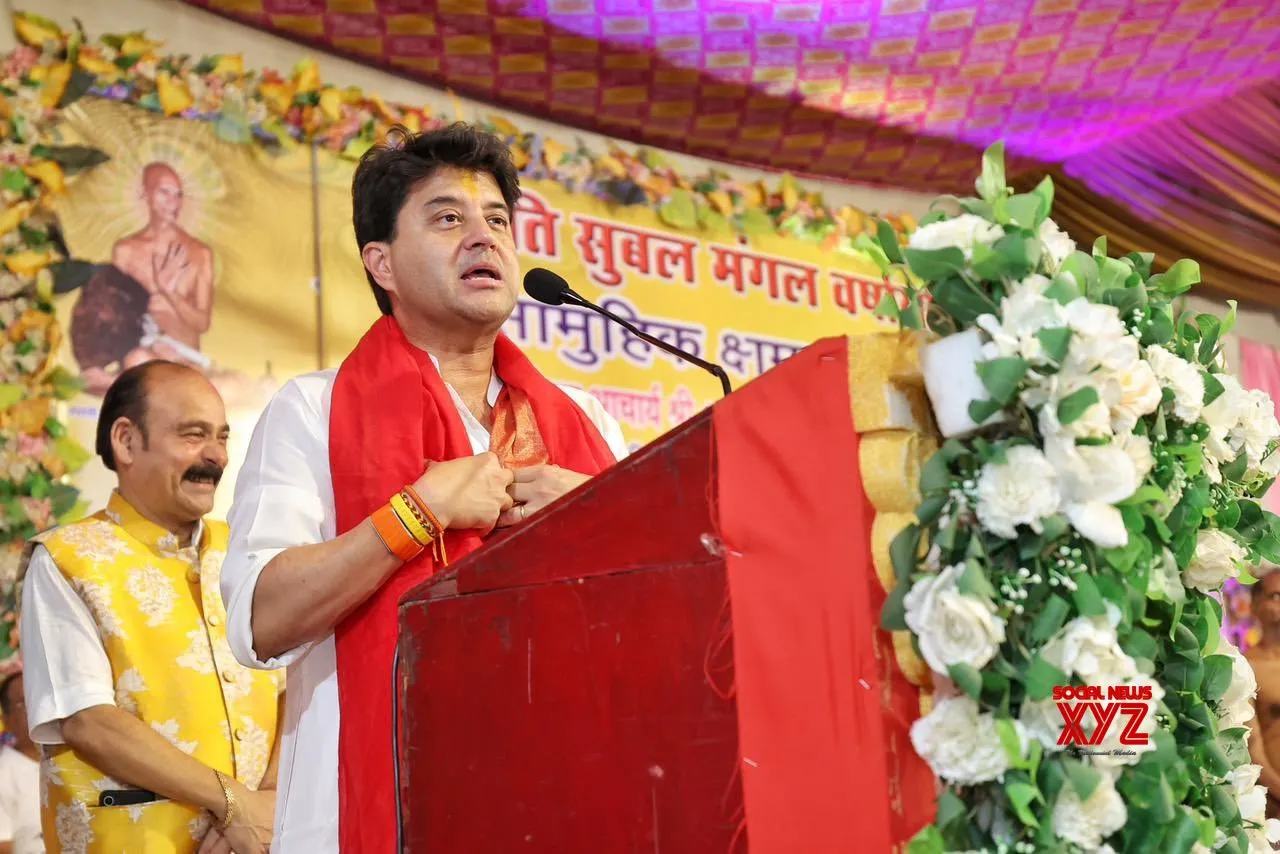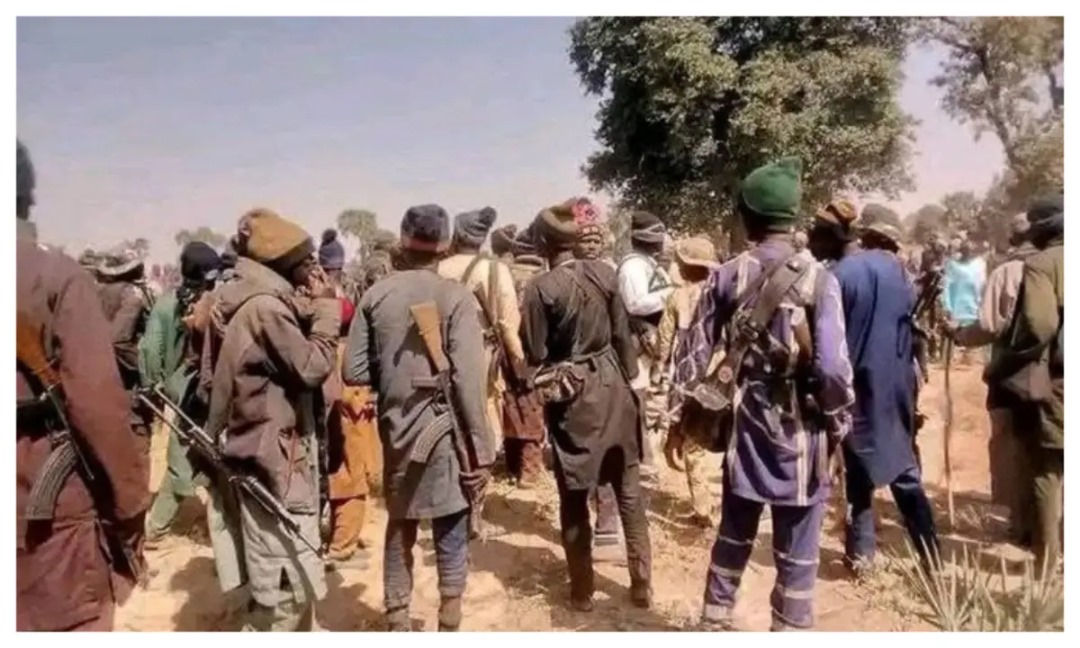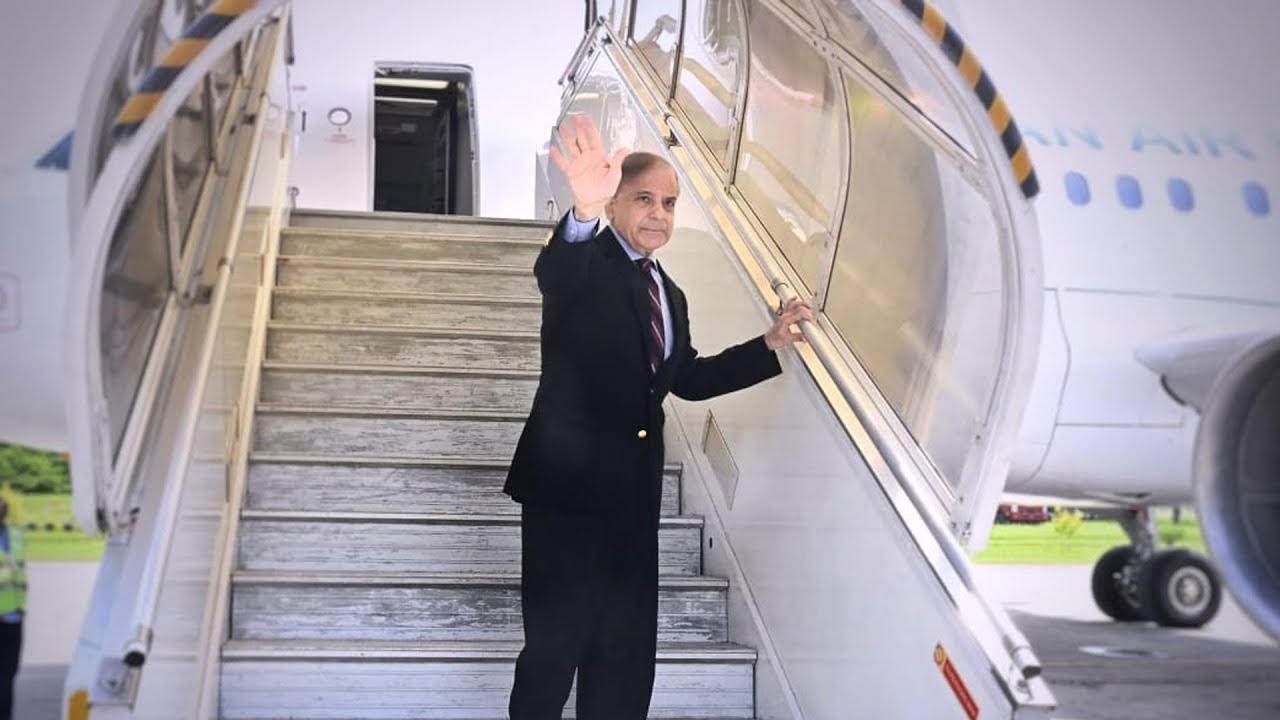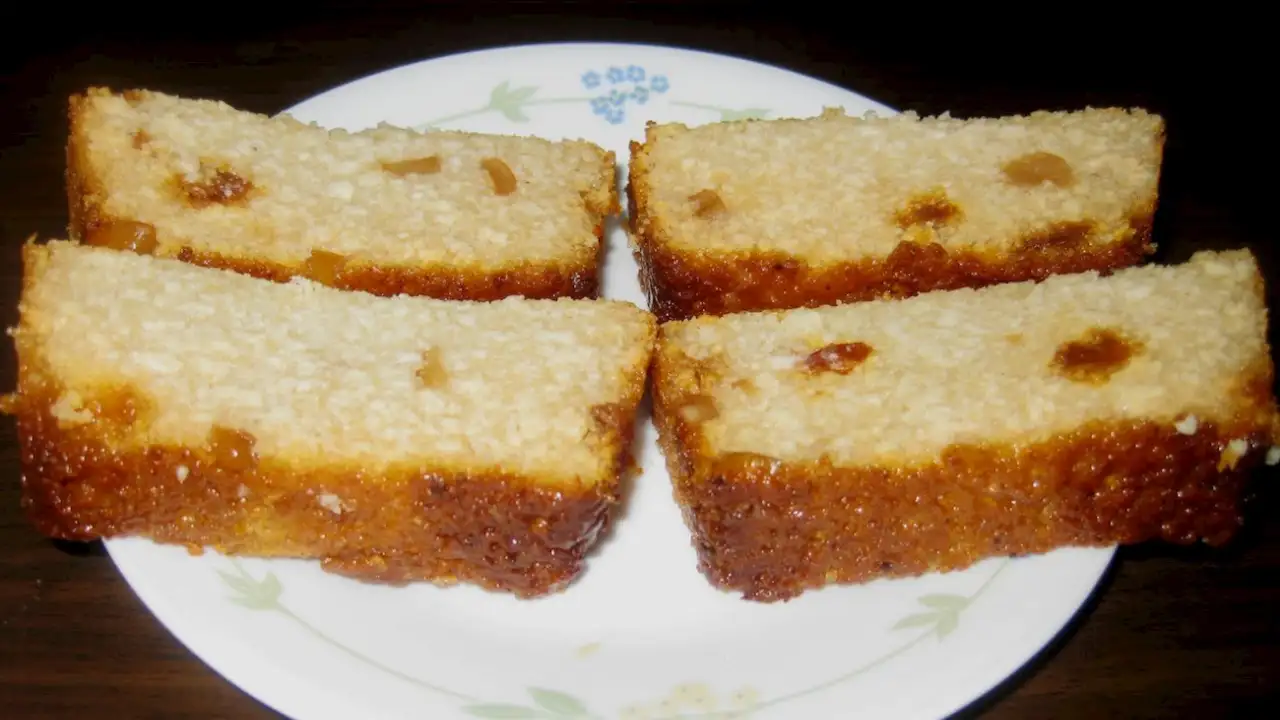By Sikiru Obarayese
Copyright tribuneonlineng
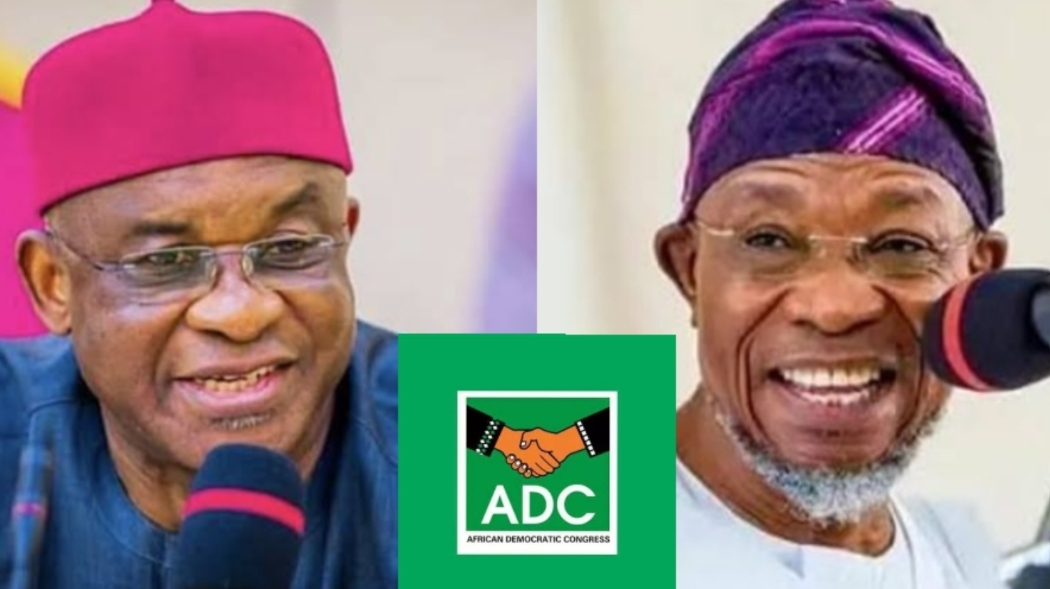
In the build-up to the 2027 general elections, the recent acknowledgement of former Senate President David Mark and former Minister Rauf Aregbesola as the new leaders of the African Democratic Congress (ADC) by the Independent National Electoral Commission (INEC) is a pivotal moment for the party.
David Mark and Aregbesola had emerged as interim National Chairman and interim secretary of the coalition party last July at an elaborate ceremony held at Yar’Adua Conference Centre in Abuja, following the resignation of the immediate past National Chairman of ADC, Ralph Nwosu, reports.
Since the party’s takeover by ‘cocktail’ of politicians from across party lines, the ruling APC, especially, has likened the coalition to a ticking time bomb, waiting to explode from the trigger of impending internal wranglings that trailed the idea of ADC as the platform. However, the recent INEC recognition of the David Mark-led ADC put paid to part of the raging leadership tussle within the party.
While the ADC leadership considers it as a sign of progress, the struggle towards the latest development has exposed deep-seated internal divisions, raising questions about the party’s ability to unite a coalition and challenge the ruling APC in 2027.
From fringe to ‘mainstream’: What’s next for ADC?
While considered the INEC’s recognition as one of the checklists towards becoming a serious party ready to wrestle power, the ADC National Publicity Secretary, Malam Bolaji Abdullahi, frames the development as a breakthrough.
Speaking with , he explained how the recognition will allow the party to finally move ahead with crucial activities like membership registration and revalidation, which had been stalled by the leadership dispute. According to him, the ADC has already shifted its status from a “fringe” party to the “only confidential opposition party” in Nigeria. This new phase, Abdullahi believes, marks a fundamental change for the party, evidenced by the influx of politicians from the APC and PDP who now see the ADC as a viable alternative.
“We can now proceed to do things like formal registration and membership revalidation across the country. We’ve not been able to issue membership cards because those cards ought to be signed by the new leadership. That and many other things now mean we can be more deliberate in building our party going forward,” Abdullahi told .
This strategy is a clear parallel to the blueprint that led to the formation of the APC in 2015. By bringing together influential figures like Mark, a veteran from the North Central, and Aregbesola, a grassroots mobilizer from the South-West, the ADC is attempting to build a broad, multi-regional front. Just as the APC, formed in a 2013 merger, ousted the flag of Goodluck Jonathan-led PDP government in 2015, the ADC believes creating a coalition strong enough to challenge the ruling APC in 2027 is never too late.
Deep-seated crisis and legal hurdles
Despite the public quest for alternative since life after 2023 has enmeshed both the PDP and the Labour Party in seemingly unending crises, the ADC’s foundation is proving to be fragile. The leadership change triggered a crisis that goes beyond simple disagreements. The ADC’s 2023 presidential candidate, Dumebi Kachikwu, has openly described the move as a “takeover” by a “bunch of expired politicians,” a sentiment reportedly shared by many state chairmen.
A group of aggrieved party members, led by former Deputy National Chairman, Nafiu Bala Gombe, has taken the matter to court.
A report also emerged last week from Kogi State alleging hijacking of the party structure. “Credible intelligence available to us indicates that certain individuals, unknown to our structures and alien to our operations, are plotting to forcefully take over the leadership of the ADC in Kogi State,” Usman Lukman, the spokesperson for the party’s state stakeholders said.
As reported by , a Federal High Court in Abuja has refused to issue an interim order to stop David Mark and Aregbesola from acting as leaders of ADC but instead, ordered them to appear and show cause why the court should not grant the request.
This ongoing legal battle, while not immediately halting the new leadership, confirms a deep division within the party’s ranks. This factional infighting is a noteworthy obstacle, as a divided opposition may struggle to present a credible and unified front to the electorate. The new leadership may also face a “booby trap” at the state level, as some ‘Concerned State Chairmen’ of the party in a statement signed by the chairman, Amb. Elias Adokwu, and the publicity secretary, Godwin Alaku, the chairmen described the recent takeover of the party by the opposition coalition as an “orchestrated political coup”. Earlier, a report from 37 state chairmen of the party, including the one from the Federal Capital Territory (FCT), showed support for the leadership of Mark and Aregbesola.
Can the ADC replicate 2015?
Political scientists are skeptical of the ADC’s ability to replicate the APC’s 2015 success. Professor Bolaji Omitola of the Osun State University told that unlike the APC, which was a merger of strong blocs with ‘change’ mantra — an appeal to different sections of the population — the ADC’s coalition appears to be a collection of individuals with varying ambitions.
He pointed out that Nigeria’s political parties often lack a true ideological foundation and are instead, “coalitions of convenience built around personalities.”
Omitola also noted the absence of an extensive state-level structure for the ADC, particularly in the South-South and South-East, which undercuts its national ambition. “Without such foundations,” he said, the party “risks being dismissed as another Abuja coalition rather than a mass movement.”
The ‘Gen Z’ factor, a new electoral reality
The 2023 elections introduced a new dynamic that the ADC must navigate: the power of the youth votes. The rise of Peter Obi and the Labour Party demonstrated that a strong social media presence and grassroots mobilisation could be a viable top-down approach to challenge traditional party structures. Professor Omitola emphasised that a significant portion of voters, often referred to as “Gen Z,” cast their ballots for a candidate who resonated with them, rather than a political party or a traditional leader.
The ADC’s challenge will be to bridge the gap between its new leadership, which consists of veteran politicians from the “old guard,” and this new, digitally native electorate. The party’s prospects depend on whether it can find a unifying figure who can inspire and mobilize this demographic. As Omitola noted, it is uncertain whether the ADC has a leader who can “inspire them in the way Peter Obi did in 2023,”the professor of polical science explained.
But the party’s spokesperson is indifferent, he said the party is not bothered by the number of governors, ministers or lawmakers the APC has at the moment, expressing optimism that in a free and fair election, Nigerians won’t return the party and its structure to power in 2027.
“So, we are confident that we’ll be in a position to focus in 2027. And regardless of how many governors or how many ministers or how many party has, we’ve seen all this before. So, we have no concern about that. If the election is free and fair, transparent. We have no doubt now that Nigerians will not choose APC as the ruling party,” Abdullahi concluded.
While INEC’s acknowledgement of the new leadership under David Mark and Aregbesola has given the ADC a moment in the spotlight, the party’s path to 2027 is fraught with challenges. Its ability to resolve internal disputes, unify diverse interests, and connect with a new generation of voters will be the ultimate test of its political viability. If it fails, experts believe the ADC may become just another short-lived coalition in Nigeria’s political history.
ALSO READ TOP STORIES FROM NIGERIAN TRIBUNE
